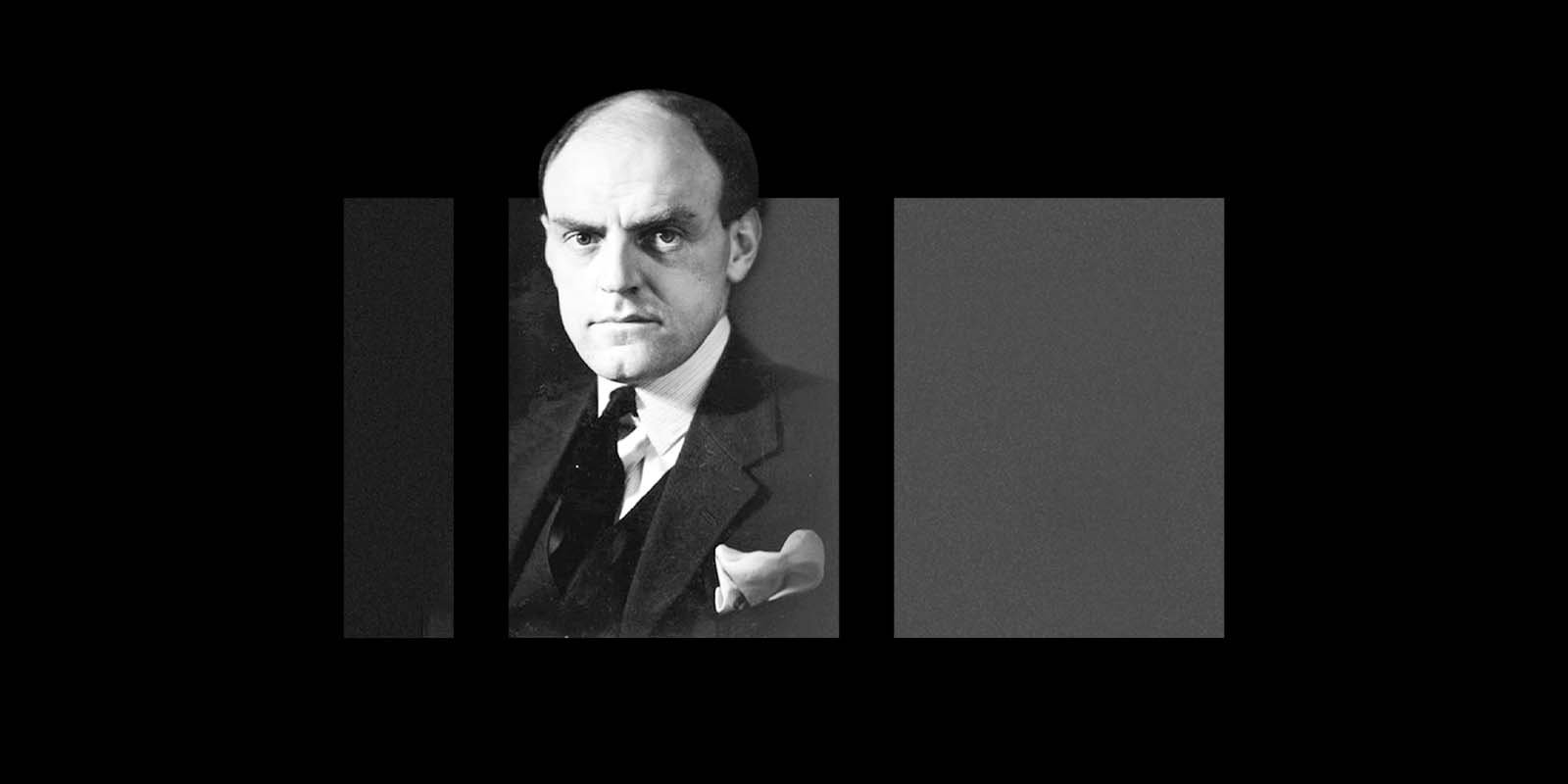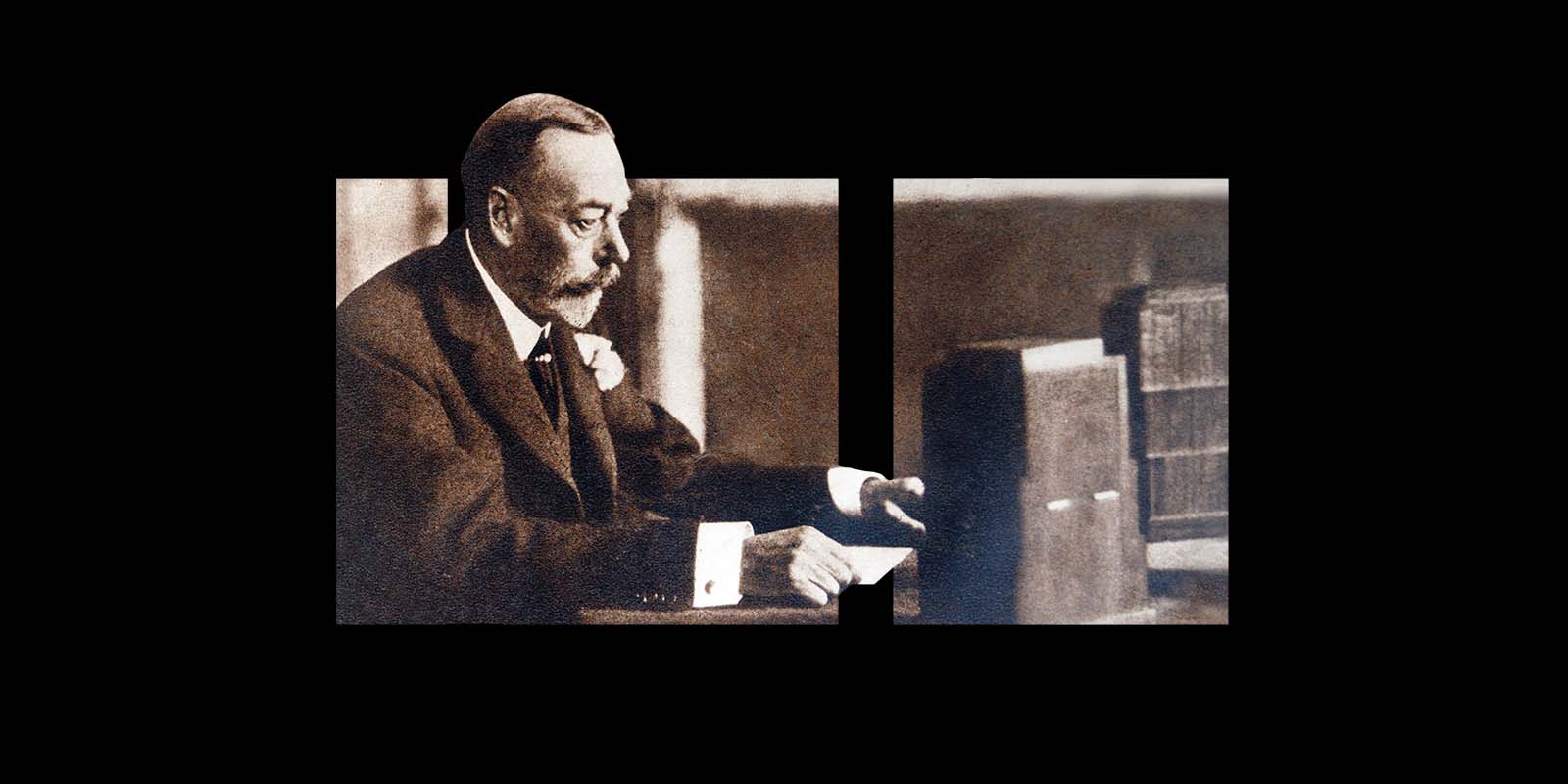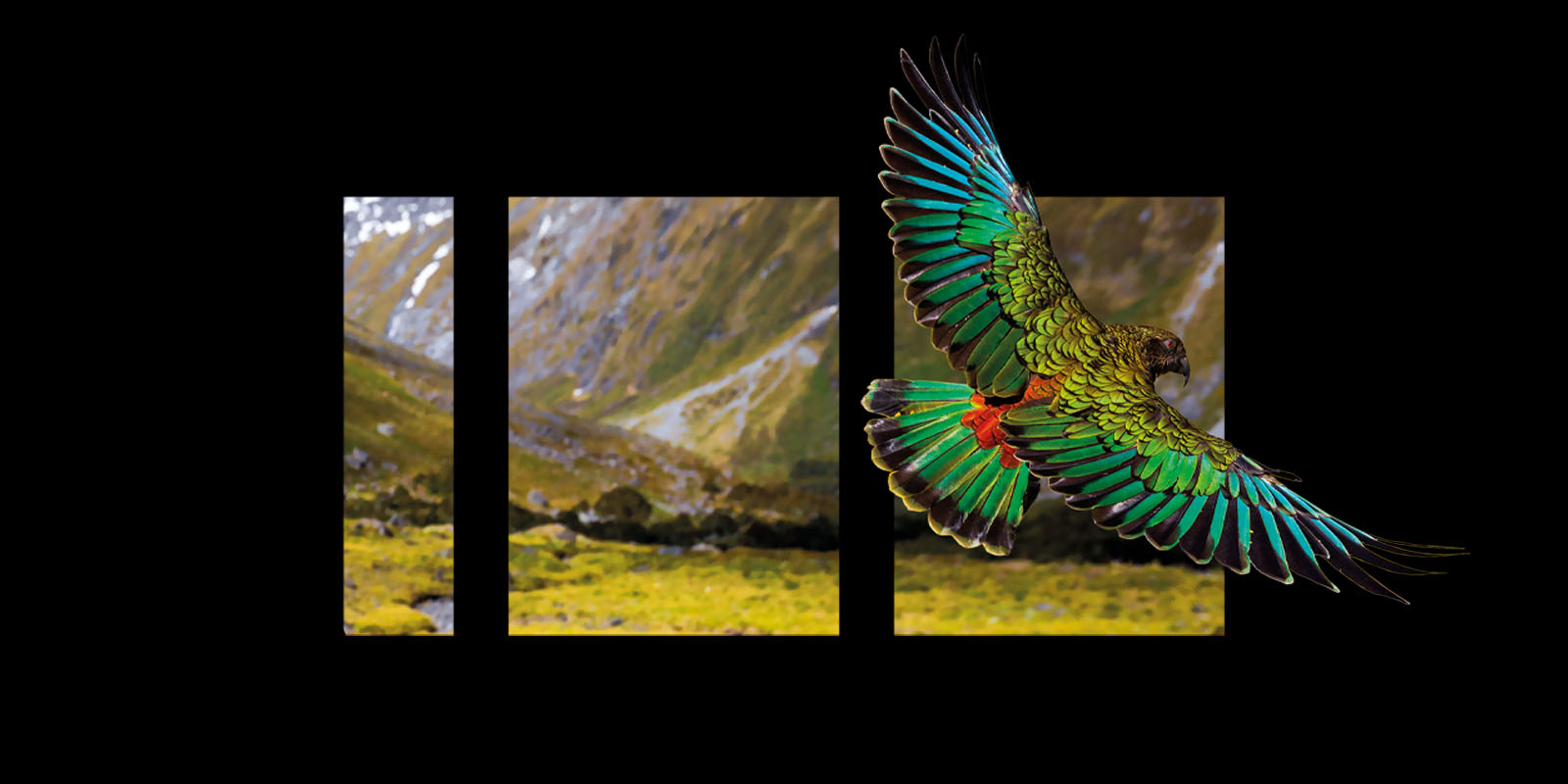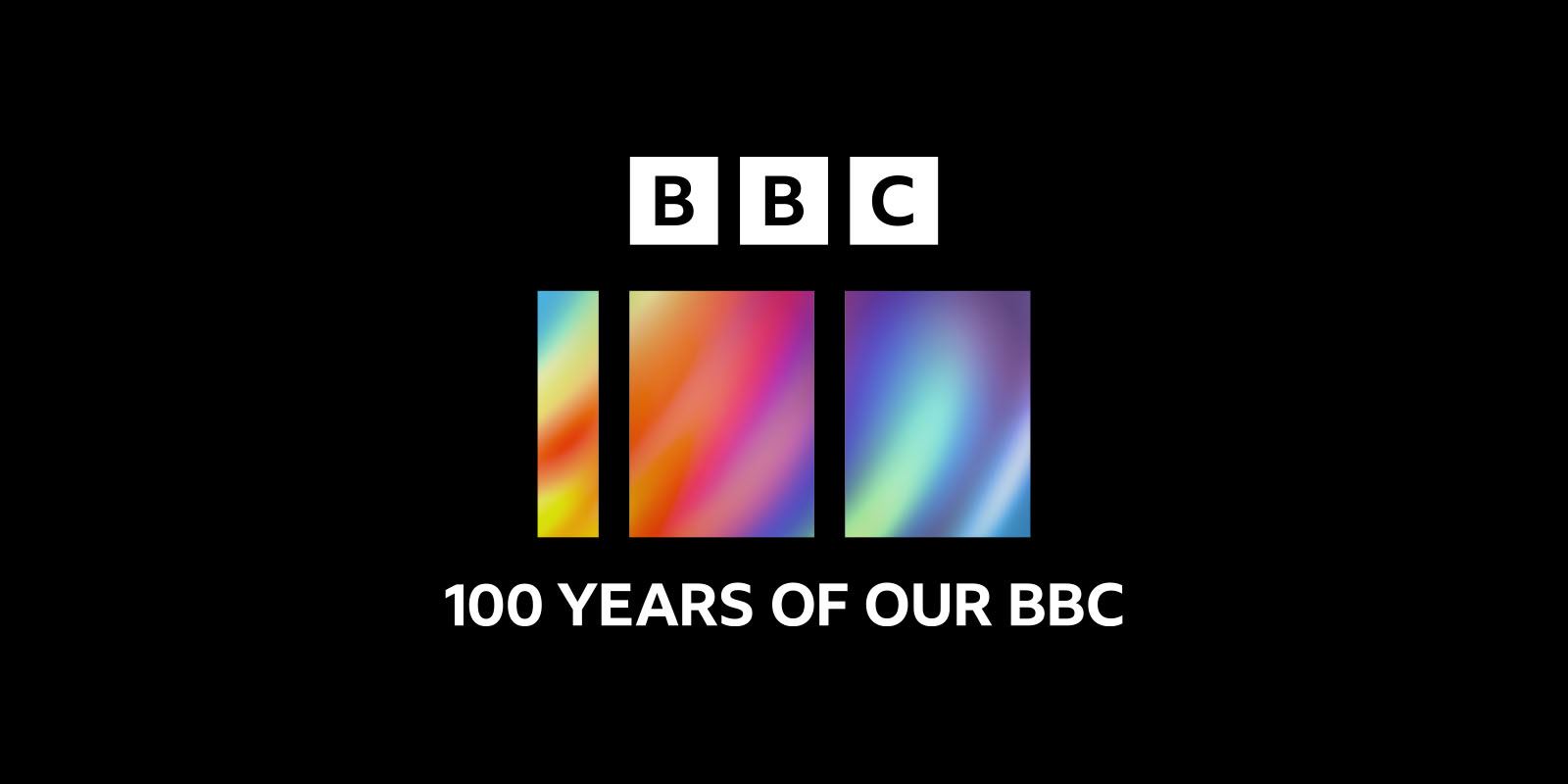Since its inception in 1922, the BBC has remained steadfast in its mission to inform, educate and entertain the United Kingdom and the rest of the world. As the world’s leading public service broadcaster celebrates its 100th anniversary, we delve into what makes the Corporation so distinctive, as it continues to thrive into the future.
Innovative from the Outset
Formed on 18 October 1922 and originally known as the British Broadcasting, a group of leading wireless manufacturers, including Guglielmo Marconi’s own company, founded the BBC. The following month, daily broadcasting began from Marconi’s London studio in the Strand. By the end of the year, a 33-year-old Scottish engineer called John Reith had become General Manager of the BBC in an appointment that marked the dawn of the Corporation’s appetite for innovation.
Reith, along with the help of his Chief Engineer Peter Eckersley and his Head of Programmes Arthur Burrows, began experimenting to see what was possible for radio broadcasting. This dynamic and new medium quickly became the public passion of the 1920s and 30s, as one ‘first’ followed another: universal timekeeping to the chimes of Big Ben, children’s programming, drama, classical concerts and band music, as well as outside broadcast events.
The BBC developed technology to serve the new needs of broadcasting. In the 1930s, the creation of the classic ‘Type A’ microphone resulted in the delivery of the best radio acoustic and quickly became a symbol of BBC ‘voice’. A few decades later, in the 1950s, the BBC established the Radiophonic Workshop in the legendary Room 13 of Maida Vale studios, pioneering a new experimental broadcast sound. Its seminal creation was the instantly recognisable Doctor Who theme tune, which was just one of many sound pieces from the Workshop that went on to have a pivotal and lasting influence on twentieth-century electronic music.

A Television First
Prior to this, the BBC took on television, launching the world’s first regular high-definition television service from Alexandra Palace in 1936. In three brief years, it created the ‘grammar’ of what we now know as television, before the service closed during the years of the Second World War. However, the mast of Alexandra Palace still stands as a symbol of that pioneering television moment.
In recent times, the advent of the internet has seen the Corporation carve a formidable position in the online world. BBC iPlayer, the on-demand streaming service that launched in 2007, has grown in line with the evolution of smart devices, enabling viewers to curate their own television schedules and watch their favourite programmes whenever it suits them. The birth of BBC Radio Player (now BBC Sounds) also allows listeners to enjoy their favourite audio output, including live radio shows or podcasts, online or via a smartphone app.
Connecting the Public with British History and Tradition
From royal weddings and coronations to important national moments, the BBC has connected the British public with the monarchy and the nation’s past like no other broadcaster.
In 1932, George V created the institution of the Christmas message, a tradition that continues to this day. In a speech specially written for him by the author Rudyard Kipling, he used radio to speak to the whole nation and wider world directly, and the broadcast has since evolved from radio to television to online.
It was also television that gave us a ringside seat at the coronation of Her Majesty The Queen in 1953, which was Britain’s first moment of post-war glamour and celebration. The event triggered the take up of television like no other, as the British public rushed to buy television sets and a record 22 million viewers watched the ceremonial moment.
Another important annual tradition is the BBC’s live coverage of Remembrance Sunday from The Cenotaph in Whitehall, London, where Her Majesty leads the commemorations on this poignant anniversary. Delivering in-depth and carefully orchestrated coverage, the complex, live broadcast involves the BBC’s world-leading events team liaising with the Royal British Legion, the Ministry of Defence, the Department for Digital, Culture, Media and Sport, and the police.

Award-Winning Entertainment
The BBC produces and broadcasts a stunning breadth of content for viewers and listeners to enjoy and has done so consistently for the past 100 years. It combines intrinsically British content, from The Archers to EastEnders, with shows that have become global favourites such as Top Gear and Strictly Come Dancing, and not forgetting David Attenborough’s breathtaking natural history documentaries.
Music has always been at the heart of the Corporation too. In 1927, the BBC democratised classical music when it relaunched the Proms on radio, transforming it into the world’s largest festival of classical music. It has now expanded this annual festival to include not just the very best of established and contemporary classical music, but also every sort of musical genre from country and folk to jazz and world music. It sits alongside the other big festival moments in the BBC’s musical calendar: Radio 1’s Big Weekend, Reading Festival and Leeds Festival, and the big showcase of Glastonbury. Music has changed hearts and minds too: in 1985, as the top performers of the age sang in Wembley and Philadelphia to a combined TV audience of 1.5 billion viewers across 160 countries, the BBC’s broadcast of the groundbreaking Live Aid rock concert reinvented humanitarian campaigning.

Great Sporting Moments
The outbreak of the Second World War put the Olympic Games on a 12-year hiatus. When they returned in 1948, the BBC became the first broadcaster to televise this iconic sporting event directly into people’s homes. Only 100,000 households in the UK had a television in 1948, with their screens measuring approximately 25 by 20 centimetres. Nevertheless, the BBC’s coverage was the most technically advanced outside broadcast it had attempted at the time. Fast forward to 2012 and the coverage of London’s Summer Olympic Games resulted in the BBC achieving another record, as 52 million people – 90% of the UK population – watched the Games. In addition, this was the first truly digital Olympic Games, with 55 million browsers accessing BBC Sport’s online coverage.
Another event synonymous with the BBC is The FA Cup – world football’s oldest knockout competition, which happened to celebrate its 150th anniversary earlier this year. With viewers treated to legendary giant-killings and pulse-racing Finals over the years, fans eagerly anticipate the competition each season it returns, from the early rounds right through to the Final.
Education for All
Throughout its history, the BBC has sought to use the power of broadcasting to make education more accessible. In 1924, School Radio launched, using this brilliant new medium to bring the wider world into the classroom. Such innovation would perpetuate in 1981, when the BBC championed the BBC Miro, bringing computers into UK classrooms for the first time. A decade earlier, its pioneering partnership with the Open University opened the doors of tertiary education to all, via a combination of early-morning and late-night broadcasts with written material. To date, more than two million adults have gained degrees thanks to the partnership.
Last, but by no means least, is the hugely successful BBC Bitesize, the most popular educational site in the UK, which more than 80% of secondary school students use. Coming up in 2022 is Bitesize The Regenerators, which will bring environmental awareness into every subject in the classroom, as well as Bitesize Careers, which will open up the world of work to young people with inspiring case studies and guidance.
A Commitment to Originality
From embracing an ethos of fresh thinking to ensuring originality lies at the centre of everything we do, The Royal Mint shares many of the same values as the BBC. Both recognised throughout the world as proud British institutions dedicated to our respective crafts, it is fitting that we have been able to strike a special UK coin to celebrate the 100th anniversary of the BBC.


